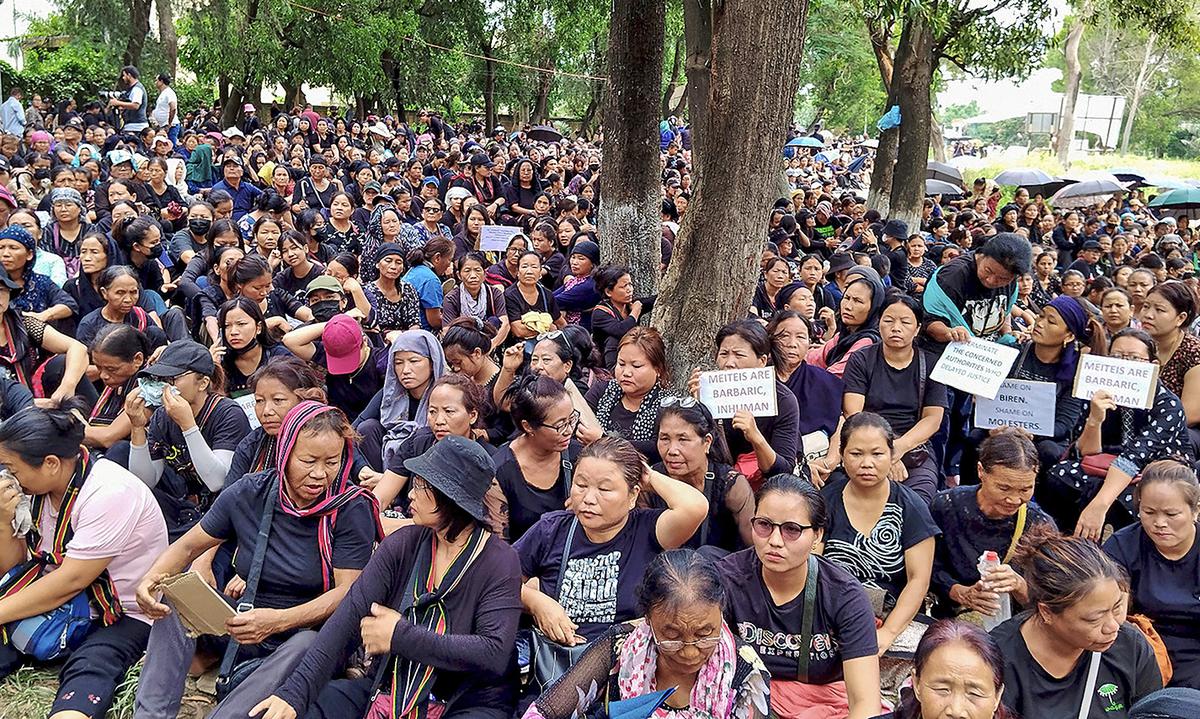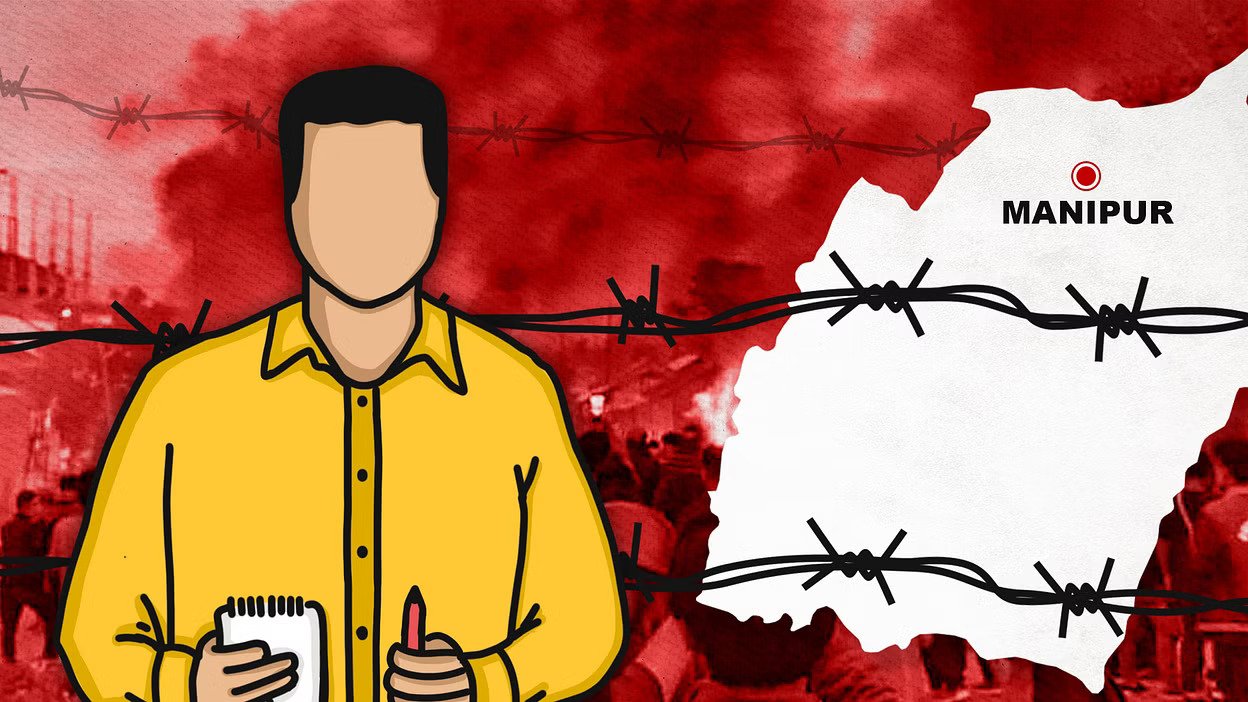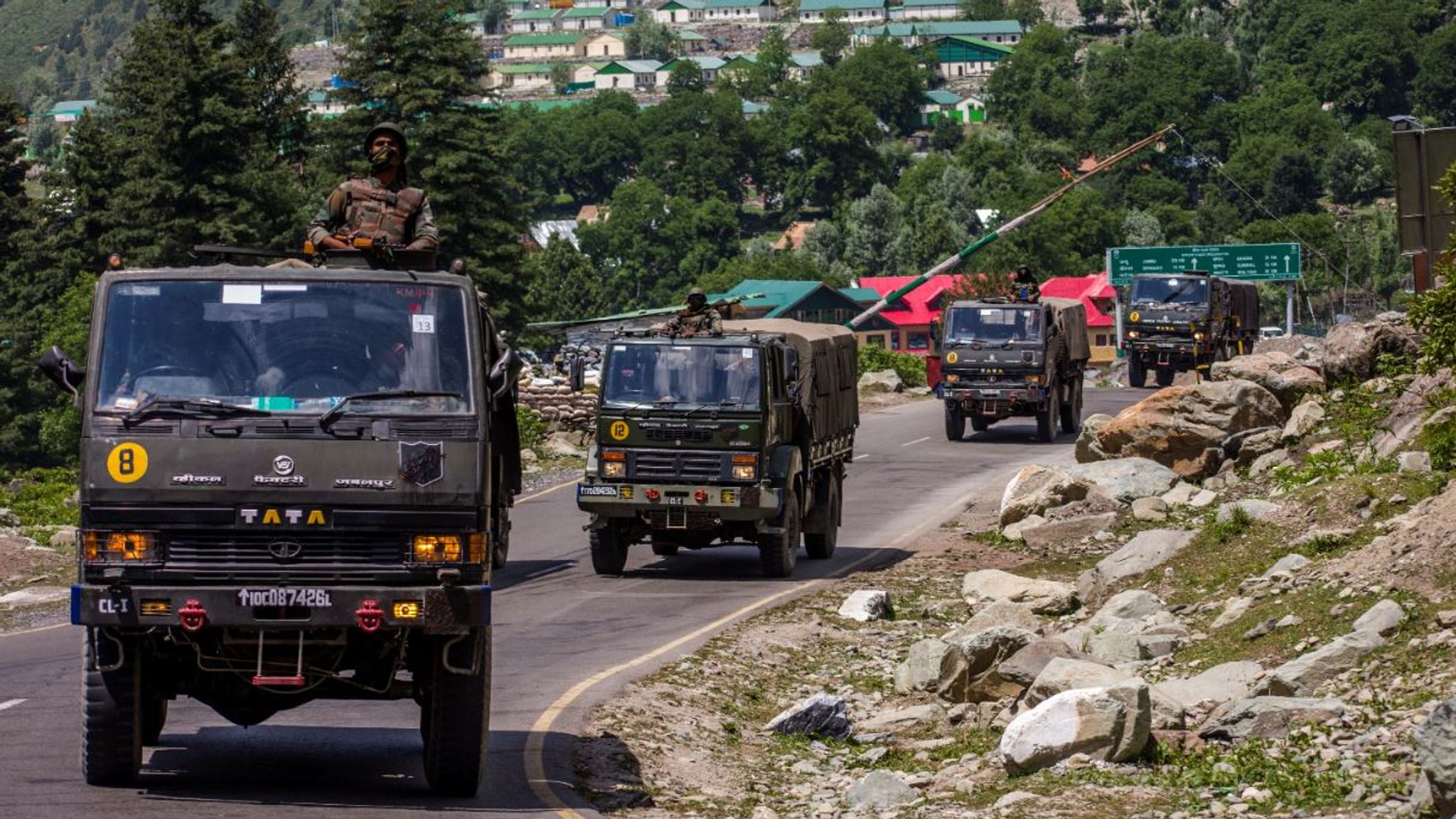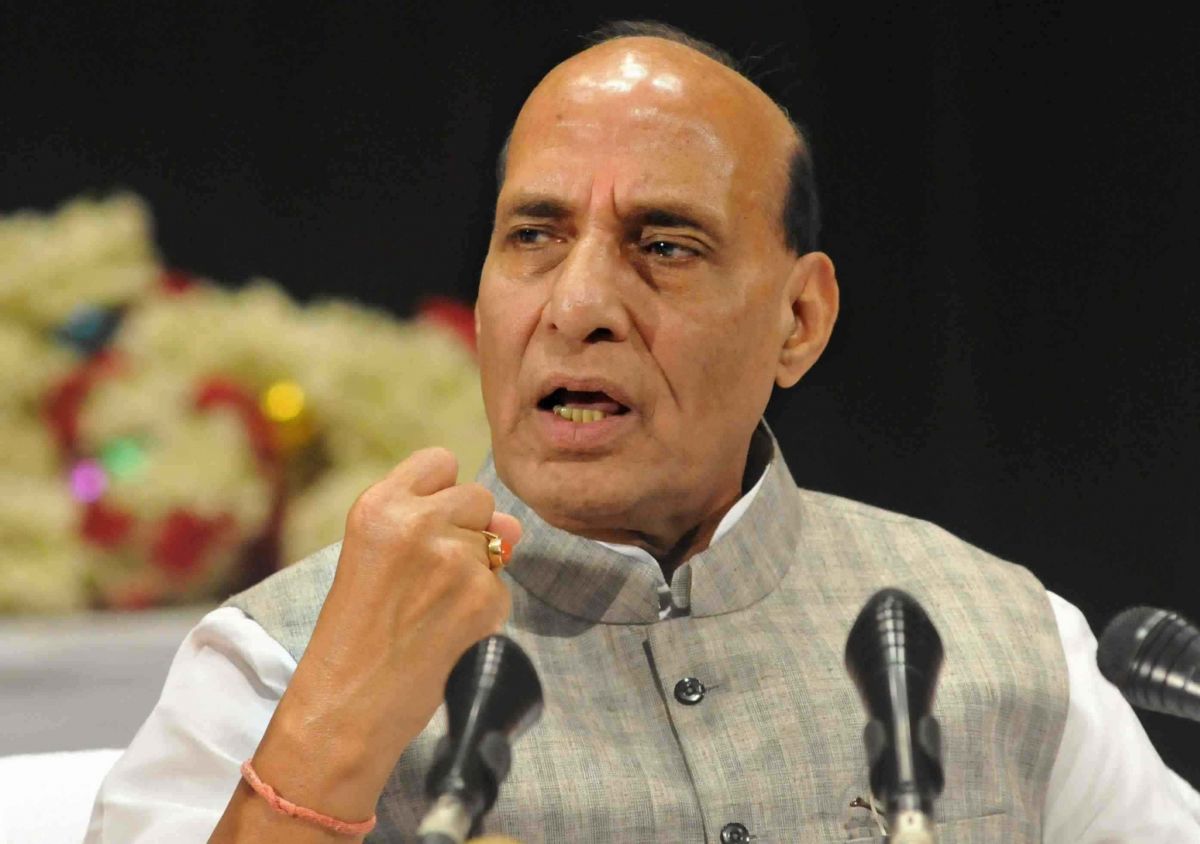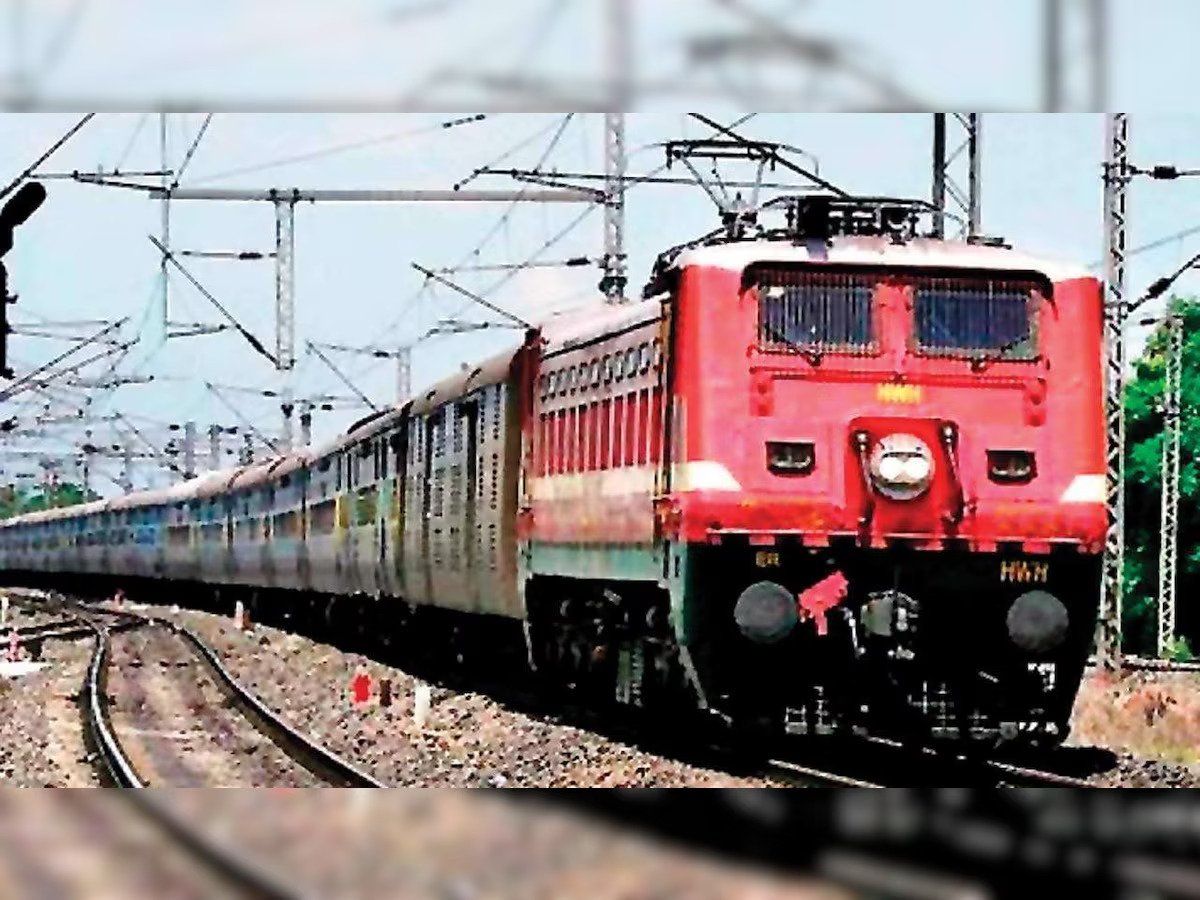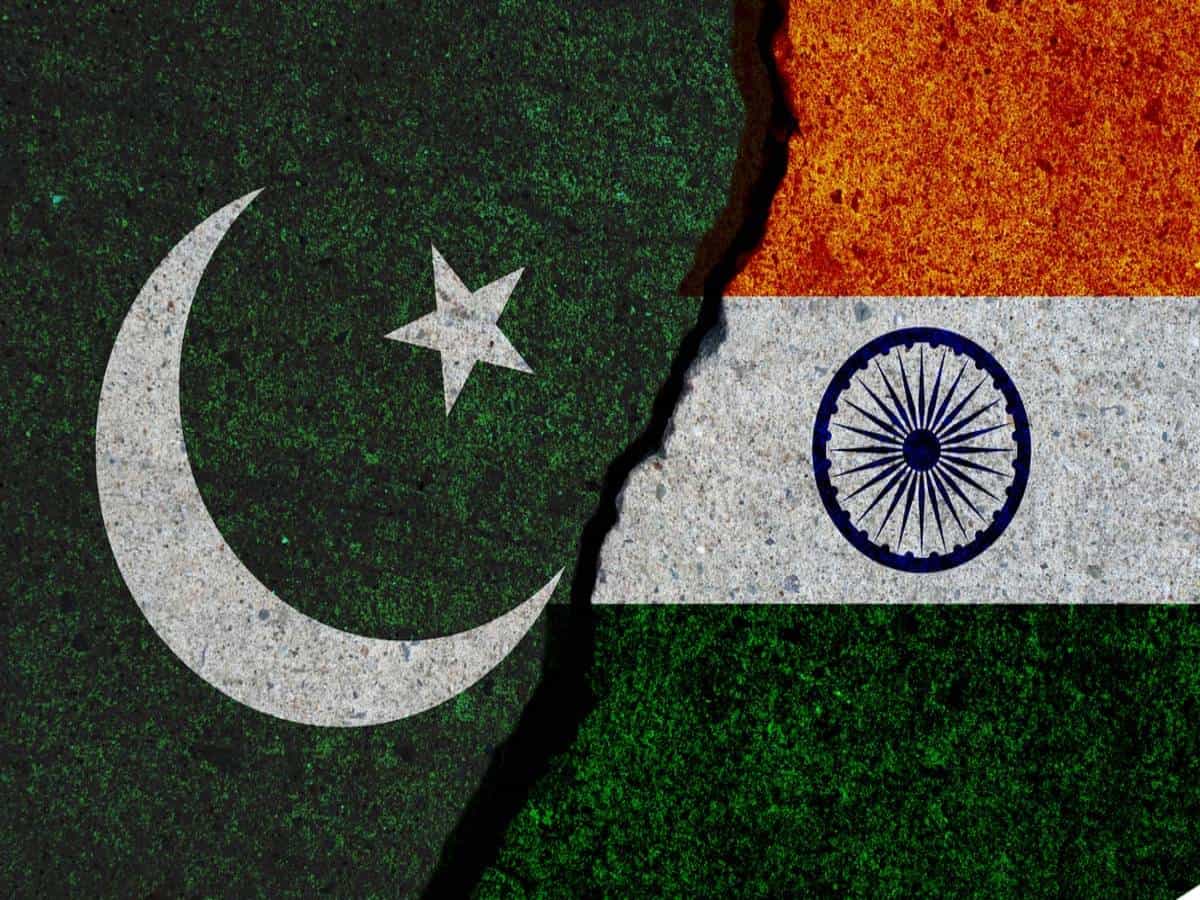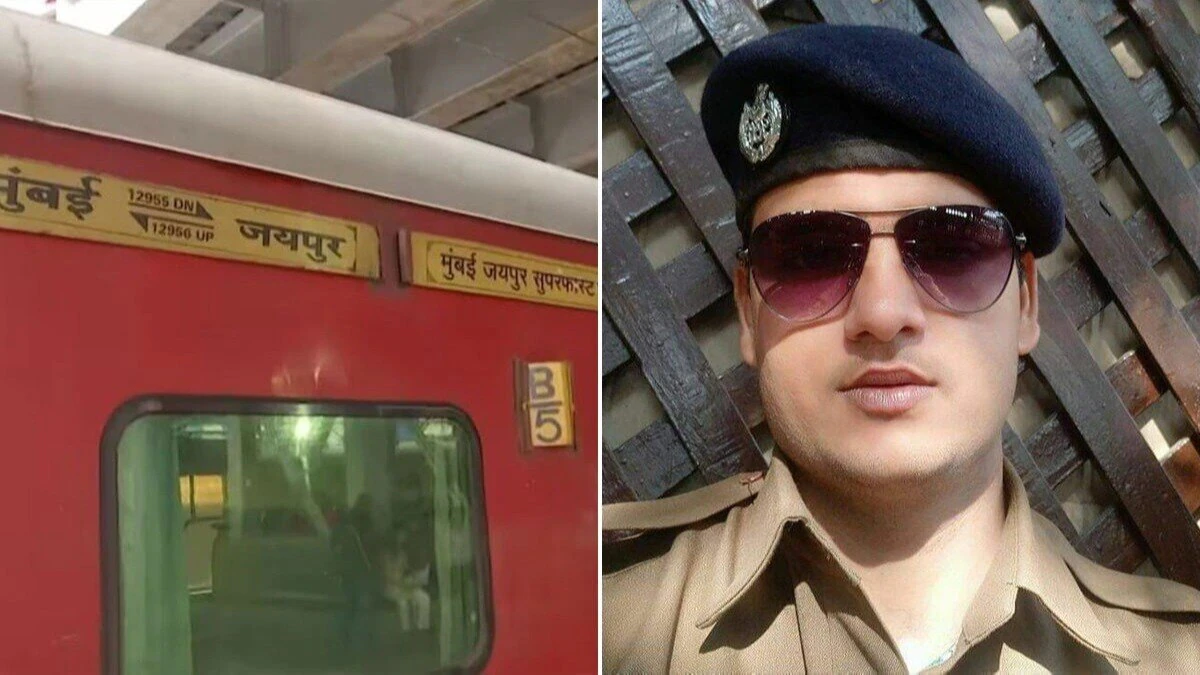Manipur, a state in north-eastern India, has long struggled with the threat of insurgency despite its idyllic setting and rich cultural legacy. The growth, stability, and general well-being of the state’s citizens have all been severely hampered by this insurgency, which is motivated by different ethnic, socio-economic, and political concerns. A comprehensive strategy that tackles the underlying causes of insurgency while promoting discussion, inclusion, and socio-economic development is required to establish long-lasting peace and progress. In this essay, we examine alternative tactics for quelling the insurgency in India’s Manipur state.
Investigating the causes of insurgency is crucial for dealing with it successfully. An intricate mix of resentments from the past, ethnic conflicts, marginalisation, and political alienation has led to the insurgency in Manipur. In order to protect the interests of certain communities, a variety of armed groups have developed, each with its own ideology and goals. The cycle of conflict and instability is exacerbated by these organisations’ frequent use of violence to attain their objectives.
People in Manipur have felt more alienated as a result of the central government’s historical neglect of the area and socio-economic inequalities. An intelligent and sympathetic strategy is needed to address these ingrained complaints.
Recently, Manipur has been in complete upheaval for some weeks. The North-east’s (NE) residents feel alienated because they think their region is regarded “like a forgotten land of India.” The recent violence in Manipur shows that efforts made over the last few years to physically and emotionally reunite India’s North-east with the rest of the nation have not yet been successful.
In order to facilitate the easy flow of federal funding, which mostly goes to people in charge of carrying out development projects and a sizeable fraction of which goes to armed groups through extortion, the majority of NE states historically cooperate with the political dispensation at the Centre. As a result, the North-east continues to experience a vicious cycle of violence, lack of development, and poor governance, with Manipur being no exception. When there is unrest and lawlessness in a state that connects India to Southeast Asia, the “Act East Policy’s” target region, it will be difficult for India to achieve its goals.
Until the latter decade of the 19th century, when it was ruled by the British, Manipur was a sovereign state. Maharaja Budhachandra signed an instrument of accession on August 11, 1947, entering the Indian Union and finally signing the merger contract on September 21, 1949. When new states joined the Indian Union on the verge of independence, there were dissident voices that undoubtedly would have been heard in many other states.
These dissident voices received support to become militant groups, which received weapons from China and were funded by the drug money flowing from the Golden Triangle of Thailand, Laos, and Myanmar. Bangladesh is a border state located near an unstable Myanmar and close to the former East Pakistan (now Bangladesh). These underlying facts, which made drugs and weapons accessible like everyday commodities, attracted young people to join violent groups. More militant organisations are appearing in Manipur, which supports the aforementioned statement. The precise number is unknown, but it is unquestionably in the dozens, which is a significant figure for a state as small as Manipur, which has a population of 28,55,074 people and an area of around 22,000 square kilometres, or about 0.21 percent of India’s total population.
With the aid of the military and federal forces, state administrations have had the ability to normalise the situation over time. Sadly, state governments back the Army and the federal troops when the situation spirals out of hand but assist the militants and show little concern for the federal security forces as soon as things start to stabilise.
Independent observers may have the perception that certain members of the leadership and administration do not want the state to experience lasting peace and progress. It is a known truth that insurgency in Manipur and several other regions of North-east India is a business that benefits too many parties besides the average person. As a result, the vicious cycle of violence, stagnant development, and corruption continues. It benefits the insurgents because they can demand money from businesses and even government employees. It also benefits the administration because it is no longer held accountable for improper use of development funds while claiming that the situation is secure.
The unfortunate part is that political parties have over the years exploited these fault lines instead of trying to bridge the differences by creating economic opportunities that would lead to the creation of jobs and a better standard of living for the common man or woman. Ethnic and religious differences have existed and still exist today and cannot be wished away. One finds it impossible to comprehend that even 75 years after Independence, the insurgent situation in the state could not have been normalised after serving in the region for a significant amount of time.
Manipur has a lovely valley with lakes scattered throughout it and low hills around it, which produces pleasant weather all year long. Its capital, Imphal, is well linked thanks to an airport and has a thriving traditional handicraft sector, making it a popular tourist destination. Manipur residents are among India’s top human resources, as evidenced by the fact that they supply a sizeable number of athletes to our national teams in sports like boxing, weightlifting, and many more.
The unstable security situation in the state, where even the state administration may not be able to guarantee the visitors’ safety, deters tourists from visiting Manipur despite its beauty and favourable weather. The severity and protracted duration of the most recent violence served as an example that the government’s writ does not extend to the state, despite the best efforts of the state apparatus.
Recent acts of violence and racial tension are the outpouring of repressed anger among diverse groups brought on by the state’s political leadership and administration’s decades-long incapacity and indifference. The political elite, which typically maintains secondary bases in major cities like Delhi, as well as the public workers who work out of Delhi, which lessens their stakes in the state, are in charge of Manipur and, for that matter, the whole NE. Since the majority of them go by plane, they have little experience with ground reality.
To restore peace and order and start real development efforts to prevent young people from entering terrorist ranks, the state must first be placed under presidential authority, like J&K. Put tourism on the agenda and make it happen. Second, a coordinated effort to impose the rule of law while enforcing rigorous anti-militancy measures to minimise the availability of weapons and ammunition Violators must incur severe penalties. Third, narco-terrorism and drug use must be combated harshly to prevent the drug use of a future adolescent generation. Fourth, a distinct cadre of public officials made up of officers who have served in the region and have a thorough understanding of the local populace and topography must be established. The state’s sporting potential has to be supported and developed, and Manipur needs to become an Indian sports centre of excellence.
Although it is a difficult endeavour, quelling the insurgency in Manipur is not insurmountable. For the area to experience sustainable peace and advancement, a comprehensive strategy that integrates communication, socio-economic growth, good governance, and security measures is necessary. To create common ground and work towards a shared goal of a peaceful and prosperous Manipur, the government, civil society, and other stakeholders must join together, putting aside their differences. Only by working together will the state be able to emerge from the shadows of insurgency and embrace a better future for its citizens.
